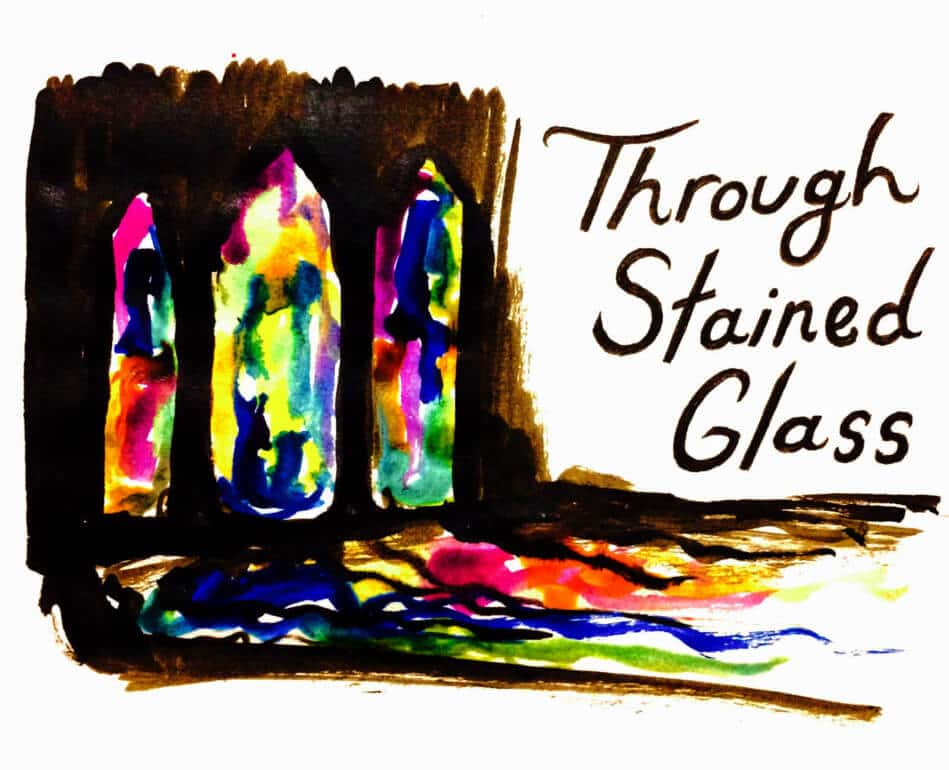Past and present leaders demonstrate leadership through collaboration, not control
 This semester, I am teaching a fourth-year seminar that explores scholarly challenges in the quest for the historical Jesus. In this course, we dive more deeply into the gospel accounts of Jesus’ life and ministry, and try to discern the difference between what Jesus actually said and those words that have been redacted, altered, shaped and even created by the church tradition. One of the stories told in the gospels that many scholars agree is likely from Jesus himself is his statement that ‘The great must be humbled, the first will be last.’ The gospel writer Luke alone tells the story slightly differently from the others, noting that Jesus also said, “The greatest among you must become like the youngest, and the leader like one who serves.”
This semester, I am teaching a fourth-year seminar that explores scholarly challenges in the quest for the historical Jesus. In this course, we dive more deeply into the gospel accounts of Jesus’ life and ministry, and try to discern the difference between what Jesus actually said and those words that have been redacted, altered, shaped and even created by the church tradition. One of the stories told in the gospels that many scholars agree is likely from Jesus himself is his statement that ‘The great must be humbled, the first will be last.’ The gospel writer Luke alone tells the story slightly differently from the others, noting that Jesus also said, “The greatest among you must become like the youngest, and the leader like one who serves.”
This past week, I spoke at a student leadership conference and began reflecting on these biblical words, as I think they hold great wisdom. Over a decade ago, I directed Mt. A’s leadership program for several years; during that time I read and reflected and consulted widely on the nature of leadership. One of the things I always thought, but never acted on, was that the name “Leadership Mt. A” should be changed to “Leadership and Service Mt. A.”
Sometimes, leadership and being a leader is not about the role we seek, but the role we play through serving. We might serve in response to a need, to a challenge, to a set of expectations or to an opportunity that presents itself. True leadership, I think, is not about the person who leads, but the service that they offer.
As I reflect on leadership, it is clear to me that it must be built on some essential, foundational qualities. We might have our own list of those things that characterize leadership, but these foundational qualities include recognizing a need, building on earned trust, working collaboratively to engage others, drawing on the experience and knowledge of others, and having persistence and commitment in working towards a common or shared goal. I think of the leadership speakers we had at Mount Allison 12 years ago; some were ordinary people thrust into new roles by circumstances. They were not famous or widely known, but they were people who offered of themselves in critical times, providing great leadership and service when it mattered. One of those people was Stephen Brunet, the then-mayor of Bathurst, in 2008. Following a horrific van crash in January of that year that took the lives of eight people, seven of them members of the basketball team – it was the Humboldt Broncos tragedy of that decade – the mayor brought that community together and provided leadership to a community that otherwise would be without direction.
Leadership is about recognizing the need and the opportunity, and also engaging, acknowledging, collaborating and being persistent and committed. I recall the words of Martin Luther King – who stepped into his role because he needed to, not because he wanted to; because he was asked to serve, not because he desired it; because there was a need, not because he was simply ambitious – who said, just a couple of months before he was killed by an assassin’s bullet in 1968, “You don’t have to be great to serve, but you have to serve to be great. Everybody can be great, because everybody can serve. You don’t have to have a college degree to serve. You don’t have to make your subject and your verb agree to serve. You don’t have to know about Plato and Aristotle to serve. You don’t have to know Einstein’s theory of relativity to serve. You don’t have to know the second theory of thermodynamics in physics to serve. You only need a heart full of grace, a soul generated by love.”
If we want to be great – that is, to be a leader – we must learn first and foremost to be least and last; to lead, we need a heart full of grace, a soul generated by love. And to be a leader, it is essential that one must be willing to serve.





